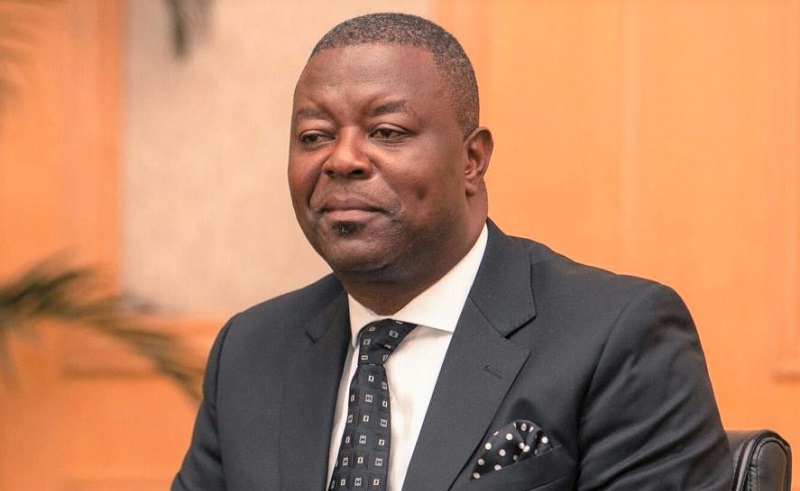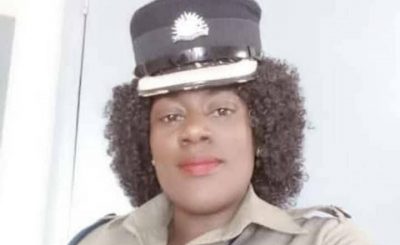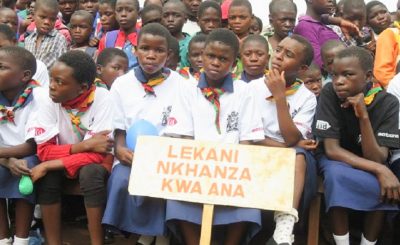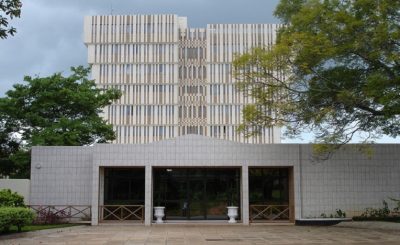Authorities say there is need for concerted efforts in order to address the ongoing foreign currency shortages in the country.
Government spokesperson Gospel Kazako said this in Lilongwe during a BBC World Questions facilitated discussion which gave an opportunity the citizenry questioning on a number of government’s policies.
Whilst admitting that Malawi is in a serious crisis largely due to lack of forex reserves, Kazako said the challenge can collaboratively be dealt with if Malawians step in too.
He reported: “What we are doing is to have a holistic approach, you know very well that we are not a net importer as a country, we need to start reducing our appetite to import every other thing, that is not helping our economy.”
Kazako said people in the country need to stop the tendency of exporting products that can be locally produced.
“What we are doing as a government is to make sure that we review and recalibrate so many other sectors for example we are having to re-look our mining and agriculture sectors from a commercial point of view,” highlighted the government spokesperson.
The hour-long radio programme is scheduled for airing this coming Saturday and repeated on Sunday.
Commenting on the same, one of the panelists – founder and executive director of Youth and Society (YAS) said for Malawi to achieve self-reliance, there is need to invest more in production.
He said: “We have agreed to focus on core areas that are going to revolutionise our economy, one is to focus on agriculture by increasing productivity and commercialisation of the sector.
“We can’t continue being a begging country where we are not in charge of our development agenda so by creating wealth, we are going to be in charge of our own development agenda.”
The programme was organised in partnership with the British Council, the United Kingdom’s international organisation for cultural relations and educational opportunities.
Apart from Kajoloweka and Kazako, other panelists were Chikondi Chijozi, Commissioner for the Malawi Human Rights Commission (MHRC) and Marie Mainja, Democratic Progressive Party (DPP)
The programme was presented by the BBC’s Royal Correspondent, Jonny Dymond.





